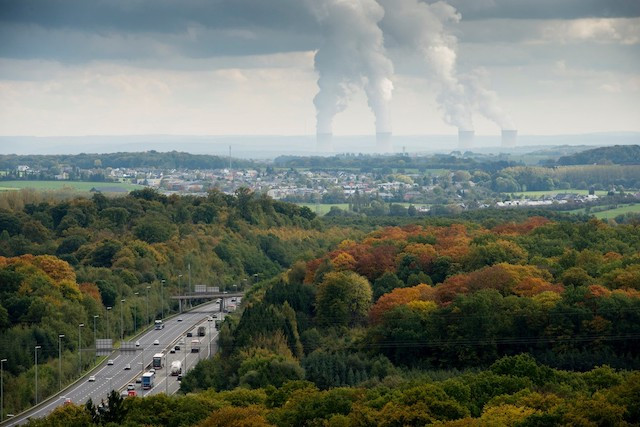The nuclear safety authority (ASN) is in the process of evaluating whether power plants can continue operating past the 40-year lifespan initially programmed for their reactors.
“French nuclear power plants currently in operation were designed to operate for 40 years,” Greenpeace said in a statement on Wednesday. “Beyond that, nuclear reactors enter an ageing phase not foreseen by their engineers and unknown to the operator EDF, with increased risks for the environment and the population.”
The Council of State acts as the supreme court for administrative justice and Greenpeace hopes it will take into account a decision by the Court of Justice of the European Union against Belgium.
The country in 2015 had decided to prolong the lifespan of reactors 1 and 2 at the Doel power plant but had to overturn the decision after the EU court in July 2019 faulted the operators for not carrying out an environmental risk assessment.
French energy provider EDF has already begun works to strengthen safety and security at its power plants, it says. But without an environmental risk assessment, Greenpeace said it could not be guaranteed that the works are sufficient. The activists have long campaigned for France to exit nuclear energy.
The legal challenge, if successful, could also benefit Luxembourg.
The reactors of the Cattenom plant--just across the border--went into service between 1986 and 1991, meaning they should be shut off between 2026 and 2031. But operator EDF has launched a procedure to extend Cattenom’s lifespan until at least 2035.
Luxembourg opposes delaying the power plant’s shutting down, even though it procures around 10% of the electricity in its grid from nuclear power and is an investor in EDF through its national pension fund.
